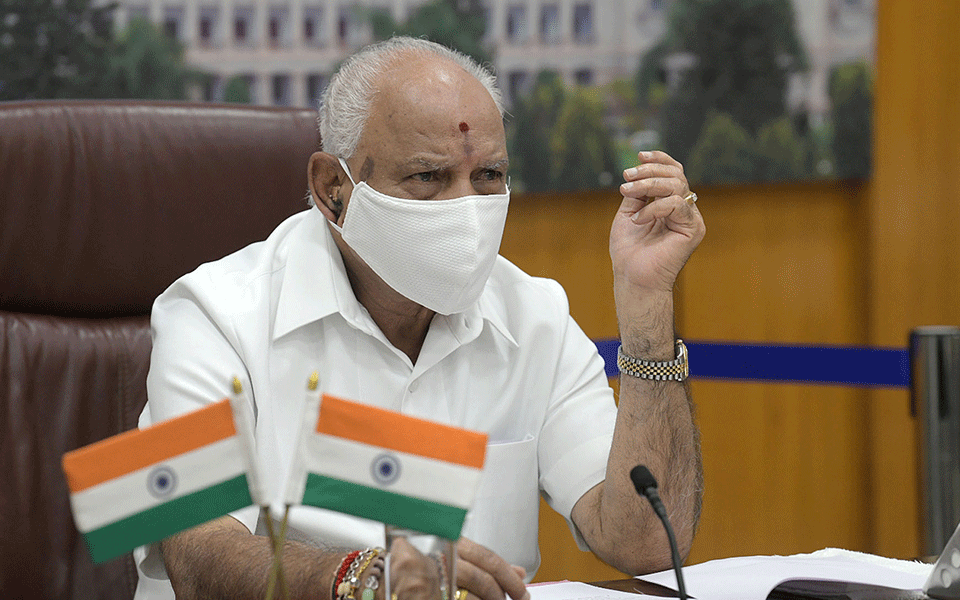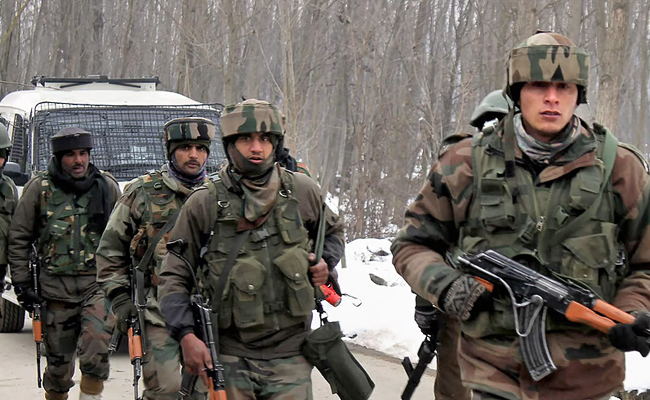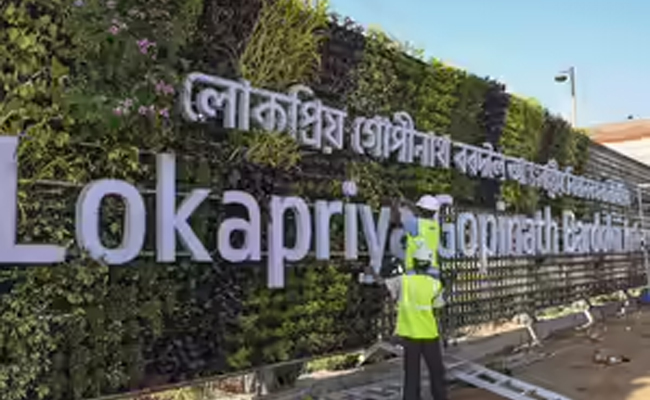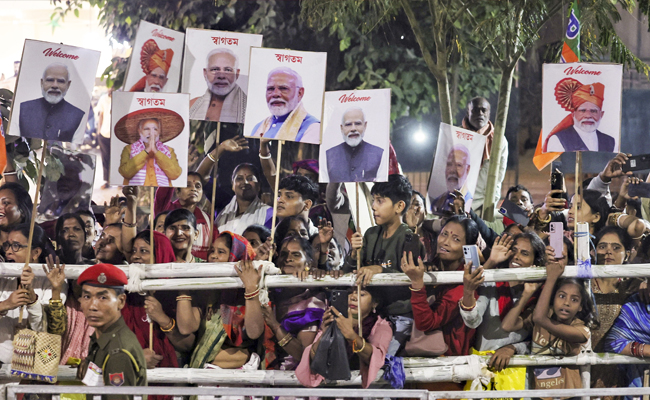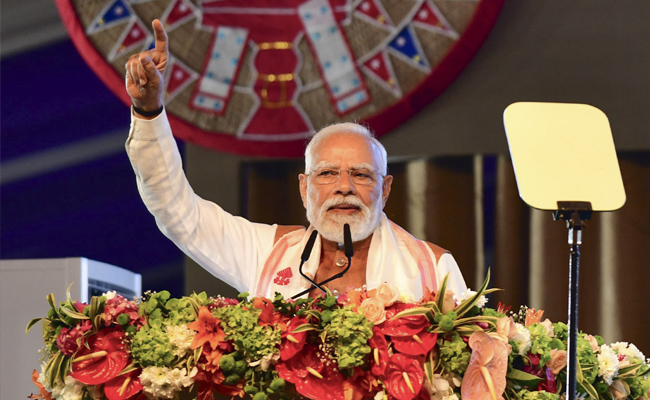Bengaluru: Karnataka Chief Minister B S Yediyurappa has directed officials to prepare the action plan for the Mekedatu project at the earliest, which is vital for the state, Home, Law and Parliamentary Affairs Minister Basavaraj Bommai said here on Wednesday.
This weekend Yediyurappa will hold a meeting with legal experts and technical experts on preparing the action plan for the project, Bommai told reporters.
"There is only a miscellaneous application pending in the Supreme Court with regard to the Mekedatu scheme.
The Chief Minister is going to convene a meeting this weekend. We will discuss with legal experts about the necessary approvals required and how to proceed further," he said.
Emphasising that the project is important for the state, Bommai said it will play a key role in Cauvery water management in future.
This will be a parallel dam to supply water during a water crisis.
The Mekedatu project has become a bone of contention between Karnataka and Tamil Nadu, who often flag the issue of Cauvery water sharing whenever there is shortage in rainfall in the catchment areas of the river, which originates in Kodagu district in Karnataka and courses through Tamil Nadu.
Recently, Yediyurappa wrote to his Tamil Nadu counterpart M K Stalin, urging him not to oppose the project as it will benefit both states.
In response, Stalin requested Yediyurappa not to pursue the Mekedatu project, saying that it would "impound and divert" the uncontrolled water flow due to Tamil Nadu from Kabini sub-basin, the catchment area below Krishnarajasagar Dam, and also from Simsha, Arkavathy and Suvarnavathi sub- basins, besides other small streams.
To a question on when the monsoon session of the Karnataka legislature would be held, Bommai said it had not yet been decided, but he would discuss it with Yediyurappa.
Let the Truth be known. If you read VB and like VB, please be a VB Supporter and Help us deliver the Truth to one and all.
More than 200 Indian nationals have joined the Russian armed forces since 2022, with 26 are confirmed dead, MEA—The Ministry of External Affairs have informed the Upper house of the Parliament: Rajya Sabha.
In a written response, the Minister of State for External Affairs, Kirti Vardhan Singh, has stated that at least 202 Indians are reported to have joined the Russian army. Among these recruited personnels, 26 have lost their lives; while, seven individuals have been reported missing by Russian authorities. He added that the remains of two deceased Indian nationals were cremated in Russia.
Singh noted that the sustained diplomatic efforts by the Indian government have led to the early discharge of 119 individuals. He further added that the discussions are going smoothly with the Russians to secure the release of the remaining personnel, with efforts underway to facilitate the early discharge of 50 more Indian nationals.
According to the minister, the Union government is in contact with Russian authorities to ensure the safety, welfare, and prompt return of Indian citizens serving in the Russian army. The issue, he said, is being addressed at multiple levels, including interactions between senior leaders, ministers, and officials of both countries.
The said disclosure was made in response to queries raised by Saket Gokhale, the MP of Trinamool Congress, and Randeep Singh Surjewala, the MP of INC, regarding the number of Indians allegedly recruited into the military service in Russia; Along with the details of deaths and missing persons reported since 2022.

